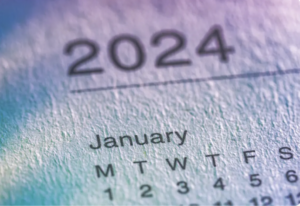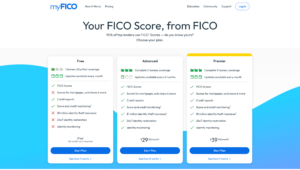
If the debt collector cannot provide debt validation, you may be able to negotiate a reduced settlement of the debt, or even eliminate the debt in full.
QUESTION: Hi I am seeking advice on 2 collections I came across when pulling up my credit report. The collector gave me whatever they have in their system such as phone numbers and account numbers. I tried doing my research in validated that it is still owed but and have been transferred to different departments and given different numbers to call and no one seems to find in their system my debt.
I called and called the collection people and told them that no one can find my collection and so they said that they were working on getting an itemized statement. So my question is, if they come up with an “itemized statement” is that considered validating and I have to pay? Even if the original debtors cannot find me in their system?? Please I am in desperate need of advice.
ANSWER: The Fair Debt Collection Practices Act does not have a hard and fast rule on what constitutes debt validation. Generally, the only information a debt collector must provide is the name and address of the original creditor, the amount owed and an itemization of the debt. The FDCPA does not directly say what is satisfactory or unsatisfactory debt validation.
In my opinion satisfactory validation would be in the form of documentation from the original creditor, not the debt collector. So that leads me to question the “itemized statement” they are attempting to obtain…Will it be a statement generated from their database or from the original creditor?
Satisfactory documentation can be account statements from the original creditor, payment history from the original creditor, a copy of the original signed loan agreement or a credit application with terms and interest rates. Although rarely done, validation can also include an accounting of the amount claimed to be owed, including all fees and charges and how those fees and charges were determined.
At the end of the day, you can choose not to pay the debt, with or without satisfactory validation. But a debt collector can pursue a debt regardless of whether you agree with the debt validation documents provided. Additionally, if the debt is within the statute of limitation, the debt collector can take legal action.
If the debt collector cannot provide debt validation, you may be able to negotiate a reduced settlement of the debt, or even eliminate the debt in full. There are actions you can take like bombarding the debt collector with complaints from the Consumer Financial Protection Bureau, your State’s Attorney General and the Better Business Bureau for their lack of proof that you owe the debt. But if you do decide to pay, offer a reduced amount and negotiate a pay for deletion.





















